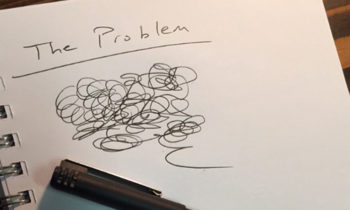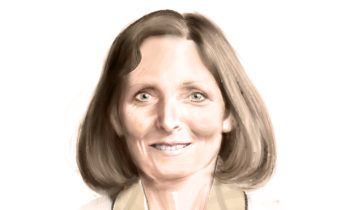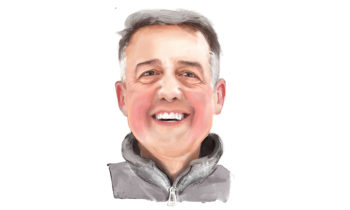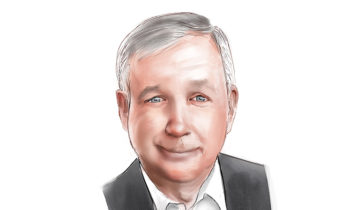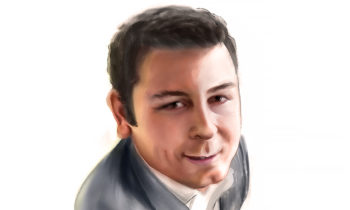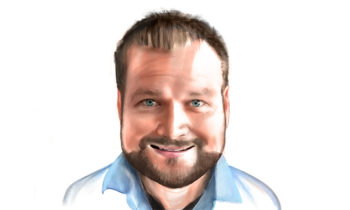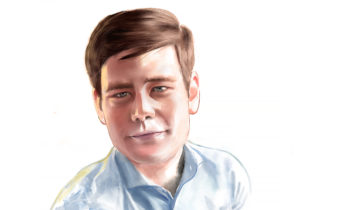Nobody Wants to be a Salesperson
Admit it: you didn’t aspire to be a salesperson. That has consequences. The lack of esteem by which sales is held among professional services leads to real problems.
Interviewing as a Gift
You might think people like being interviewed because they like to hear themselves talk — that it’s vanity, a shiny mirror we put in front of people that lets them admire themselves. I disagree. I think thoughtful questions are an invitation to create new understanding.
The Obstacles to Selling Services
Doug Fletcher explains the first two obstacles to selling services. First, we’re trained to do the work, not sell the work. Second, selling a service is different and harder than selling things.
Outrageous Success
Ann Kieffaber recently retired from the healthcare practice at Accenture as a Managing Director. Before that, she worked for IBM. In both roles, she was charged with helping the largest healthcare organizations transform how they collect, understand and use data. Whenever she started an engagement, she asked herself one powerful question: How do I create outrageous success for my clients?
The Lost Art of the Cold Call
In an age when computers are ubiquitous, it is easy to want to automate the selling of expert services. Software can have its place, but nothing replaces human contact. If you see someone you feel you can help, sometimes it just makes sense to just pick up the phone.
Three Legs of a Stool
When selling services to large organizations, there is never a single decision-maker. Individuals buy, but they exist within a buying ecosystem. Ann Kieffaber explains how understanding the sea in which your prospects swim is critical to engaging with them and helping them achieve their goals.
Servant Leadership
Leadership is not just Braveheart-come-follow-me. It’s also a healthy dose of listening to those one wants to lead.
How Selling Expert Services is Different
Tom McMakin believes that selling expert services is different than selling a product. I’m convinced he’s right. Marketers of products are generally able to rely on what Doug Hall calls “kitchen logic” to tie features to benefits. Marketers of expert services, on the other hand, must bolster their value propositions by offering opportunities for personal experience and through testimonials. Failing to recognize the differences could be catastrophic in an environment where general brand pedigree may be diminishing in relative importance.
A Tasting Flight
The biggest challenge Dave Bayless sees in his own and others’ professional services practices is the tendency to be “intentionally vague.”
On Making Friends Across the Organization
John Nord refers to the process of selling across an organization as “farming.” It’s a term that connotes stewardship and sustainability.
Shrink the Pond
When it comes to expert services, being undifferentiated is death. It is old marketing advice, but timeless. Shrink the pond until you dominate your niche.
How Selling Expert Services is Like a Game of Baseball
Matt Ulrich tracks professional services business development like it’s baseball. “The game is pretty simple. You’re at bat and the trick is to round the bases. Think of BD baseball as a series of bases you are trying to cross.”
Using Peer Forums to Develop Relationships
Expertise is better demonstrated than described. Likewise, trust is earned, not demanded. In this podcast episode, Jacob Parks explains how to use peer forums to demonstrate expertise and cultivate trust among current and prospective professional services clients.



